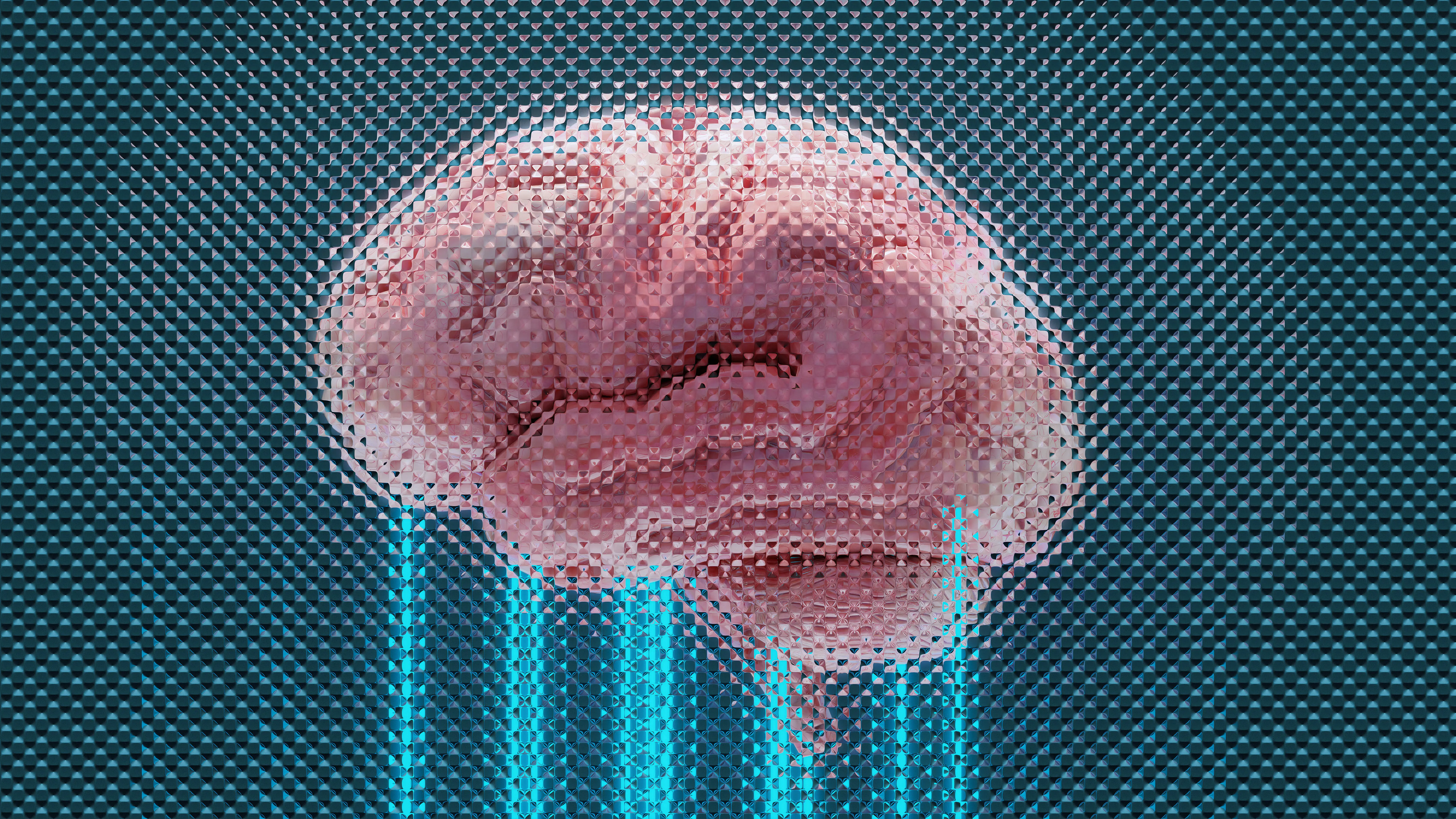Axoft Revolutionizes Brain Monitoring With Softer Neural Probes

Traumatic brain injuries can range from mild to severe, posing significant challenges for neurologists in assessing the extent of damage. Traditional methods like examinations and external imaging have their limitations. However, neural probes, which create brain-computer interfaces, offer a more precise assessment. The catch? Conventional neural probes are made from stiff materials that can damage brain tissue.
Axoft, a promising startup born from Harvard in 2021, is forging a new path with a softer neural probe, aiming to seamlessly integrate with the brain's gel-like texture while still delivering accurate data. Paul Le Floch, Axoft's CEO and Harvard Ph.D. graduate in materials science, explains, "With a brain-computer interface, we can precisely determine the brain's state, whether the patient is conscious, recovering, or deteriorating."
For decades, rigid neural probes have been used to measure electrical brain activity more accurately than external methods, but they often damage the brain's pliable tissue. This damage leads to scar formation, reducing the probes' effectiveness. Scar tissue encapsulates the probes, hindering their ability to communicate with neurons.
Le Floch, alongside Harvard assistant professor Jia Liu and co-founder Tianyang Ye, has crafted an alternative using a high-performance soft material named Fleuron. This innovative material is thousands to millions of times softer than traditional materials and compatible with chip fabrication processes, allowing the integration of over 1,000 sensors.
"In recent decades, we've progressed from measuring a single neuron to thousands," noted Le Floch, emphasizing the potential for breakthroughs in understanding the brain and developing new therapies. Axoft aims to double the number of electrodes its probes can host annually, significantly enhancing their capabilities.
Although not every patient with brain damage requires an implant, Axoft's technology has caught the attention of neurologists seeking better ways to assess unresponsive patients. Christopher Petty from Harvard's Office of Technology Development highlights the startup's impact, stating, "This mission is about transforming academic knowledge into real-world solutions."
Axoft has secured over $18 million in funding, with successful trials demonstrating the safety and efficacy of their implants. By 2027, Axoft plans to conduct an FDA-managed clinical trial targeting traumatic brain injury patients, with hopes of making the device available to physicians by 2028.
With federal backing from the National Science Foundation, Axoft is poised to make significant strides in the realm of brain monitoring, potentially scaling its technology to benefit hundreds of patients.